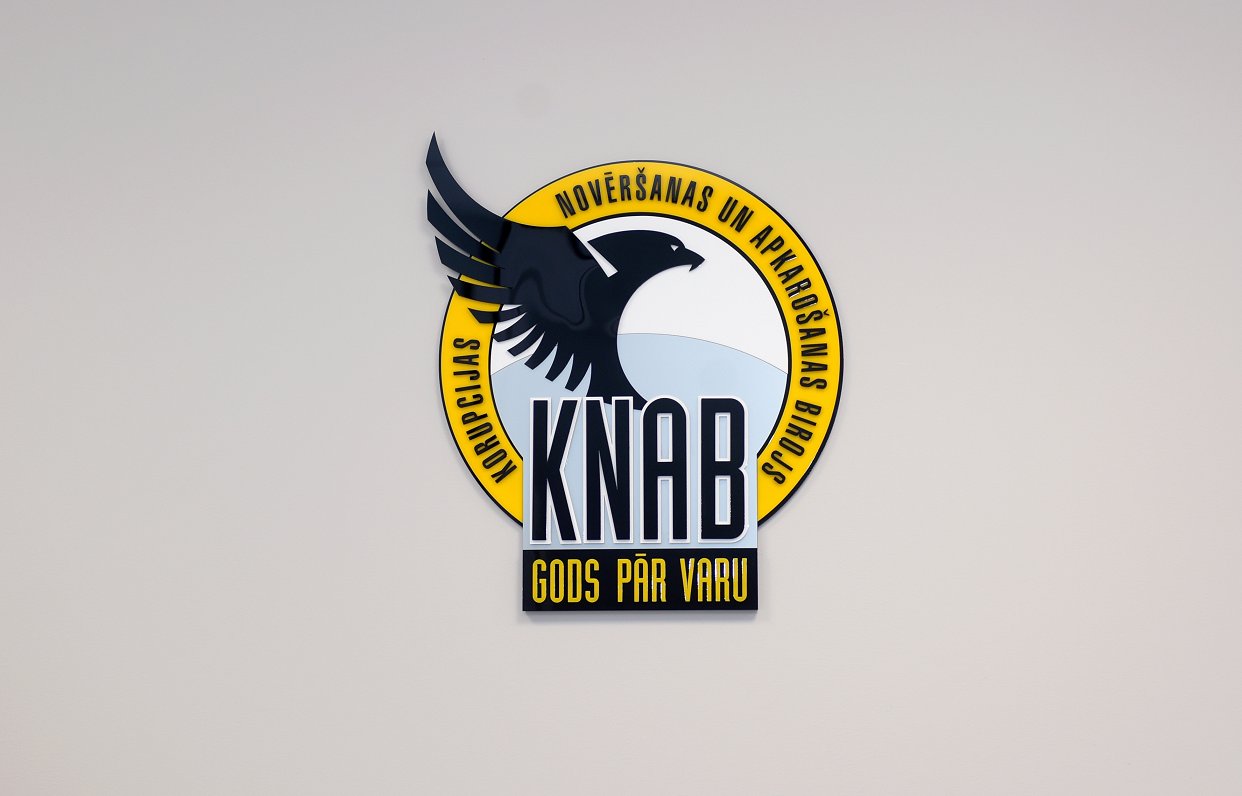A 124-page report submitted by Latvia provides information on the progress made in implementing the recommendations of its Phase 3 report. The OECD Working Group on Bribery's summary of and conclusions to the report were adopted on 15 October 2021. It is a mixed bag, containing commendations about some significant progress while expressing concerns about a lack of action in other areas.
"The Working Group congratulates Latvia for successfully concluding its first foreign bribery case and bringing a second one to trial, and encourages Latvia to pursue its efforts to ensure that enforcement is commensurate with the country’s exposure to foreign bribery and subsequent money laundering risks.
"In particular, there has been no progress in the three Phase 3 cases where Latvian banks or other corporate entities were used by non-Latvian companies to channel bribe payments and subsequently launder them. In one case, the scope of the investigation has remained limited to money laundering, and the investigation was closed in the other two cases. Nonetheless, the opening in the last two years of three investigations against legal persons for both money laundering and committing or facilitating bribery is very encouraging," the summary says.
The Working Group welcomed the increased cooperation between the Corruption Prevention and Combating Bureau (KNAB) and the Financial Intelligence Unit (FIU), but also "regrets that Latvia took limited steps to bring its legal framework in full compliance with the Anti-Bribery Convention. In particular, Latvia did not adopt rules to ensure that the requirement of direct intent in the foreign bribery offence in Latvian law is consistent with Article 1, and that the offence explicitly covers the promise of a bribe. Similarly, Latvia failed to clarify that proceedings for the application of a coercive measure to a legal person can be initiated even when the related natural person was acquitted abroad."
"The fact that no financial institution has been held criminally liable in Latvia for money laundering to date is highly concerning, and the Working Group regrets the persisting lack of money laundering convictions predicated on foreign bribery," the report stated.
The report also contains some info regarding specific cases that have been under investigation, mentioning the "Law Enforcement Agency case, the Belarus Software case and the Information from Media case". Up to now, there is only one case of foreign bribery in which sanctions have been imposed. The imposed sanction on a legal person was a fine of EUR 77 400. In addition, a linked company will not be able to participate in public procurement for three years.
In 2020 nine criminal proceedings of alleged money laundering related to corruption crimes have been initiated by KNAB seizing more than 22 million EUR and 13 real-estate properties. In one case Latvia has confiscated 1,383,034 euros as criminally acquired proceeds. In the foreign bribery case within the criminal proceedings, it was established that the IT company concluded fictitious agreements, enabling the company to transfer bribes to a public official of Belarus. The fictitious agreements allowed the legal person registered in Latvia to evade the payment of corporate income tax, causing 512,741 euro losses to the State. The case is submitted to the court for adjudication and the court will have to decide on the confiscation of the said amount and returning it to the State as a victim.
In 2020, no cases of foreign bribery were detected through the State Revenue Service (SRS). The internal competence centre established in the SRS in June 2020 can provide initial consultations on corruption issues to SRS officials, but was not tasked to assess whether bribes to foreign public officials are effectively detected by tax authorities.
"Latvia demonstrated limited efforts to raise awareness of the foreign bribery offence among its officials who are in a position to detect it. While some awareness raising activities were organised for diplomatic staff, no other officials in this position took part in similar actions. In addition, Latvia undertook a number of activities to promote whistleblower reporting in the public and private sectors, even though not explicitly focused on detecting foreign bribery. Since Phase 3, neither members of Latvia’s diplomatic missions nor other officials reported foreign bribery," the report says.
Director of the Corruption Prevention and Combating Bureau of Latvia (KNAB) Jēkabs Straume concentrated on the positive side of things, saying:
“The acknowledgment of the OECD WGB is a noteworthy achievement for Latvia's thorough work over two years to comply with the recommendations for preventing and combating bribery of foreign officials and related crimes. This will remain one of the priorities of KNAB, which the institution will implement in close cooperation with other institutions, including the Financial Intelligence Unit and Prosecutor General's Office.”
The Working Group invited Latvia to report back in writing within two years (i.e. by October 2023) on outstanding recommendations.
The full report is available to read online at: https://www.oecd.org/corruption/Latvia-phase-3-follow-up-report-en.pdf and is also attached to this story.




























